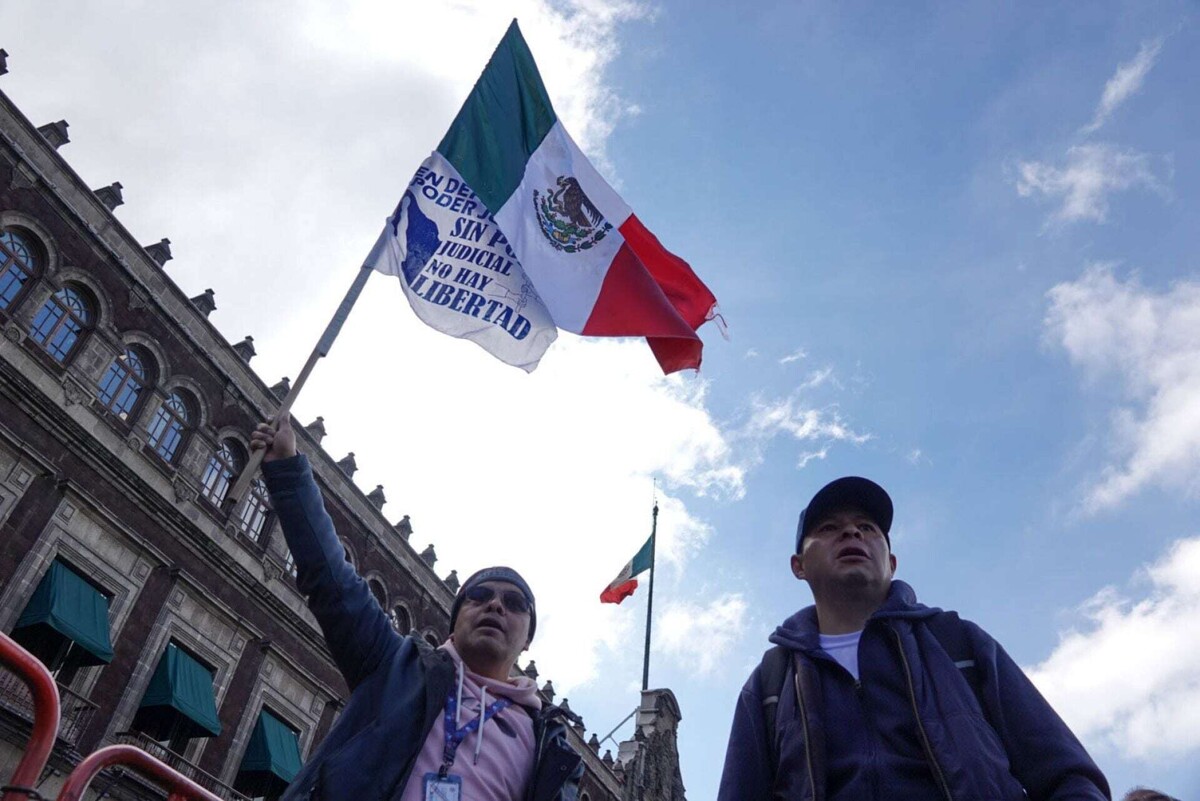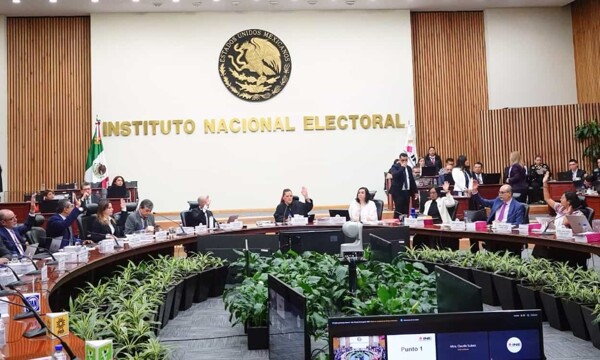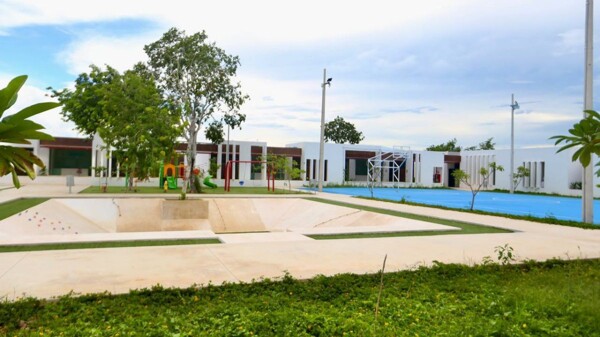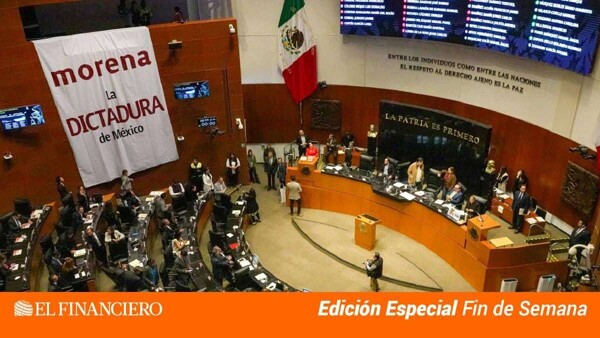
Congress has proposed a new constitutional reform that aims to end the amparo and limit the powers of judges to question what is approved. This measure has generated controversy, with judges issuing amparos against the reform itself. It is believed that limiting the amparo to constitutional reforms opens the door to various possibilities, including regulating private property, the autonomy of the Bank of Mexico, freedom of expression, among other aspects.
It is emphasized that this judicial reform was not requested by the people but was driven by the authorities. It is thought that this will lead to an increase in authoritarianism in the country. It is criticized that too much power is being concentrated in a single person, which can undermine the separation of powers and the rule of law.
Concerns have been expressed regarding the limitation of constitutional defense mechanisms and the weakening of international commitments. Furthermore, it is pointed out that this reform could have negative consequences in the economic sphere, with possible impacts on markets, rating agencies, and foreign investors.
The opposition, represented by parties like the PAN and PRI, has urged the Supreme Court of Justice of the Nation to weigh in on this reform. It is criticized that this measure aims to impose a single viewpoint, eliminating plurality in Congress.
On the other hand, the stance of the president is highlighted, who has stated that she sees no reason to comply with judges' decisions. There are fears that this reform seeks to shield the Executive and Congress, eliminating the possibility of resorting to amparo against acts of authority.
Amid criticisms and concerns, the future of the judicial reform and its possible implications for the democratic system and human rights in Mexico remains uncertain.














